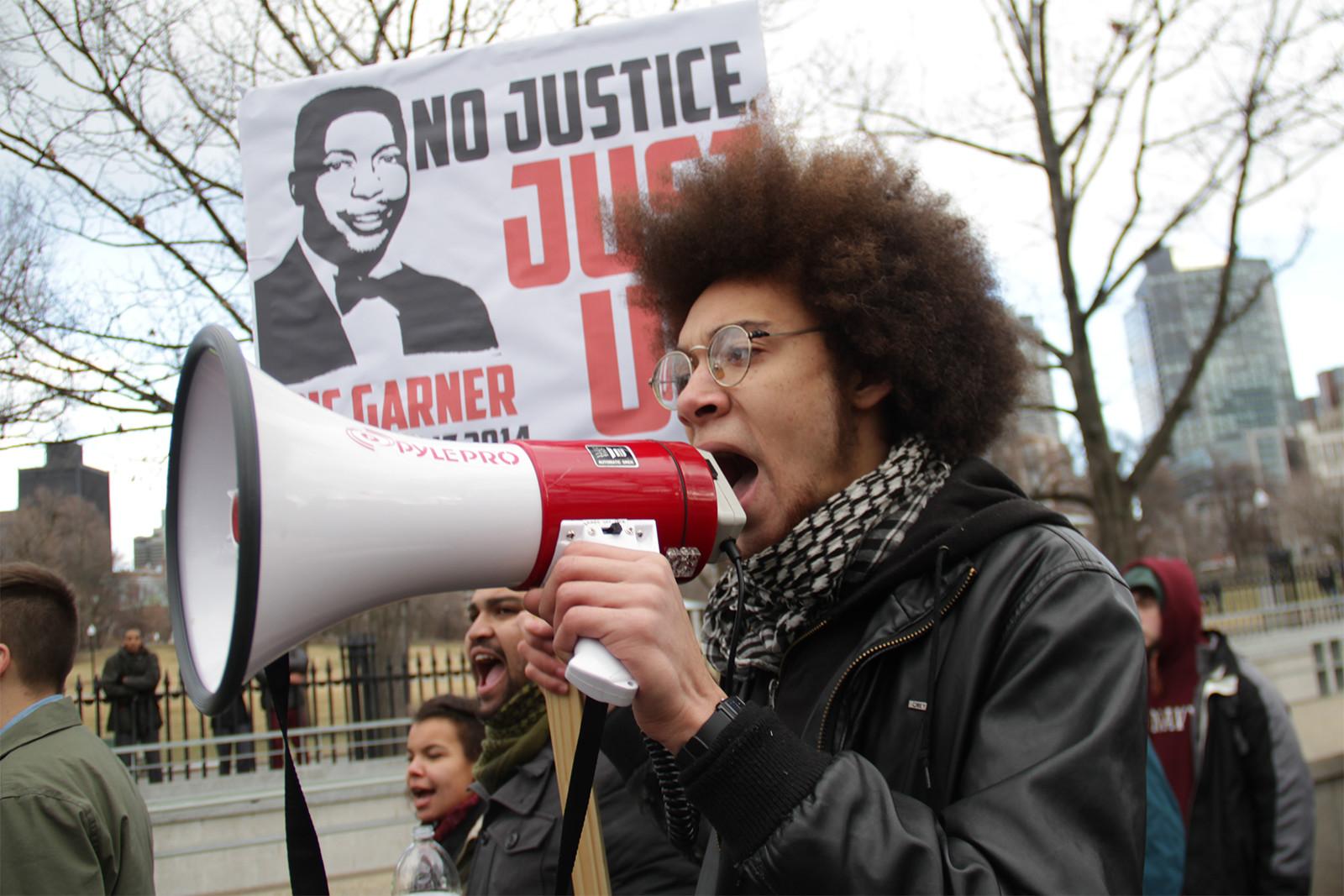We all have issues we are passionate about, and we have a right to decide how active we are going to be in fighting for them. We may write our thoughts on social media, attend meetings or rally for our causes. But, sometimes, our abilities to help become clouded by the culture behind helping.
Everyday Feminist writer Kai Cheng Thom addresses elitism in the social justice movement in a piece posted Sunday. “Despite that the fact that I was definitely queer — a pre-transition trans woman at the time — I could tell immediately that I wasn’t ‘queer enough’ to fight for social justice alongside these university-educated revolutionaries who spoke with such confidence and rolled their eyes every time I opened my mouth,” she wrote.
Thom said that after a few weeks of attending meetings, she decided that she wasn’t “smart” enough to be an activist. But now, having transitioned, she realizes that she has become just as judgmental and exclusionary herself.
The word “elitist” has a sort of negative connotation to it — the word’s association with egoism puts a muddy taste in our mouths. More and more people who attempt to educate themselves on sensitive issues are counterproductively bullied for their lack of apparent knowledge. But how can we expect any social justice movement — whether it be feminist, LGBT or racial activism — to move forward positively unless activists are also responsible educators?
Some staunch activists alienate those whom they deem ignorant before they’ve had the chance to become educated. Exclusivity has resulted in a culture in which activists compete to determine who is more socially just and socially aware. But instead of using their knowledge for teaching moments, activists call people out. In reality, though, accusing people of being ignorant does not make them any less ignorant.
In this vein, just because someone hasn’t experienced the same struggles as you or been an activist for as long as you have doesn’t mean that you cannot accept them into your movement. There shouldn’t be such a thing as “not being feminist enough” or “not being queer enough,” and yet people are turned away because of this every day. They feel like imposters because they can’t contribute in the same way.
Even within these elitist communities, there is a disparity in regard to how people can use terms to identify their experiences. Many people have grown tired of hearing what so-called “outsiders” have to say about the issues they face on a daily basis, because they believe these outsiders have been so privileged, which some of them have. But we must keep in mind that there is no formal place in which people are taught about the correct terms to use for such a variety of social justice issues. It would seem that the real confusion here is in regard to what the goal of the movement actually is, and how the activists of that movement want to go about achieving that goal. And if the goal is to bring a certain ideal to fruition, then we have to educate, not alienate, those who are interested in helping to achieve that goal.
In that case, the clearest road to acceptance seems to be for everyone to have a platform on which to share their stories or experiences — we need to listen attentively and not feel resentment toward anyone who genuinely wants to know more.
Danger arises when we discriminate against those who come from different backgrounds. Most of us probably don’t think in the same way that we did in high school. Our minds change with time. For that reason, it seems counterproductive to close ourselves off to certain age groups or demographics. Not all “old people” are stuck in their ways, and not all young people are “inexperienced.” Everyone can be enlightened if they chose to be.
Of course, making a blanket statement about activists would be inaccurate and disrespectful — many activists devote their lives to educating others and spreading that passion around. On the other hand, many people who experience struggles because of, say, their gender identification or their race, obviously aren’t put on this Earth for the sole purpose of educating others, and they shouldn’t have to unless they feel comfortable doing so.
The worry lies in the fact that it does seem trendy to become a “social justice warrior” at the moment, and many people who aren’t involved directly in any sort of social justice movement believe that activism is just a trend. On the inside, though, we know that culture is shifting, and that activism is becoming more and more important. Some people’s motivations behind activism in the vein of community service or volunteering in general are skewed — they may want to be regaled by their peers or participate because it “looks good” on their resumes. But activist glory is what leads to exclusivity. We need to think about what we can be for the movement versus what furthers the movement, and sometimes, these two things are just not the same.
In essence, social justice movements are striving toward tolerance. Groups of people want to be treated equally and respected for their contributions to society. But by excluding those who genuinely want to help, activism becomes hypocritical.

















































































































